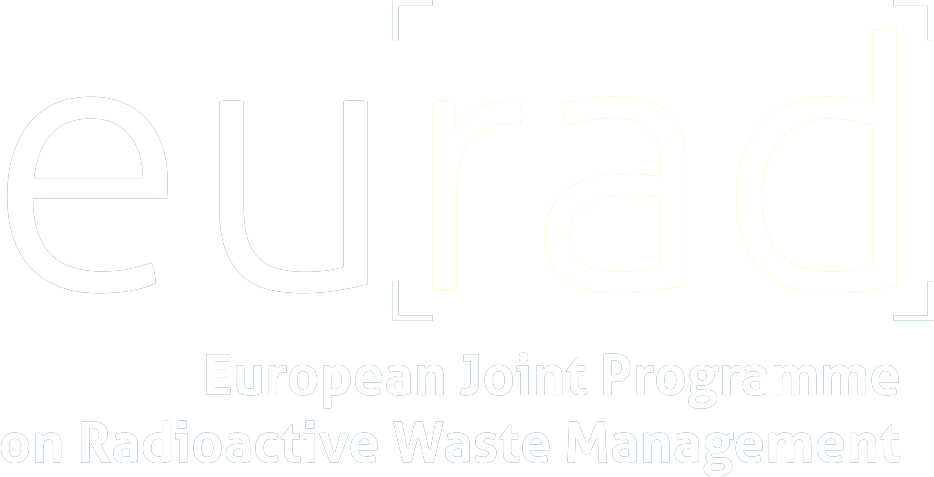Who we are?
Amphos 21 is a scientific and strategic environmental consulting. R&D has been at the heart of Amphos 21 since its creation in 1994 and currently
accounts for around a third of our activities. It includes fundamental research, encompassing experimental and modelling approaches, the development of PhD theses in partnership with universities, and the application of our findings to client-focused solutions. Besides technical and scientific reports, the team publishes extensively in highly regarded international scientific journals.
What do we need?
We are looking for a highly motivated student interested in developing an experimental PhD thesis in the field of radionuclide thermodynamics. The overall aim of this PhD is to execute a programme of experimental and data interpretation research dealing with complexation of phthalate with different radionuclides in aqueous systems (particularly at neutral to alkaline pH).
The background
As the urgency to combat the climate crisis grows, and considering recent geopolitical events, nuclear energy has been identified as a key low carbon technology for meeting growing global energy needs. One critical hurdle for the nuclear industry is the issue of waste. Geological disposal in an engineered repository is the best supported solution for nuclear waste yet remains a particularly complex challenge. Understanding the behaviour of radionuclides in the conditions relevant for geological disposal underpins the scientific basis for the effective isolation of nuclear waste and is the focus of this PhD. The use of concrete and cementitious materials for construction purposes, as backfill material or for the solidification of waste packages affects geochemical boundary conditions in the repository. The dissolution and chemical evolution of cement buffers the pH to alkaline conditions. A series of literature surveys between 2017 – 2021 identified that thermodynamic data for phthalate complexation with radionuclides under alkaline
conditions (pH 8-13) were extremely scarce. A general understanding of the behaviour of these species is then lacking. In order to cover this knowledge gap, we propose an experimental approach including screening and detailed experiments involving a relatively large number of elements. The main experimental approaches to be used to obtain the desired information will be solubility, time-resolved laser fluorescence (TRLFS) and potentiometry experiments. In addition, ab initio calculations will provide theoretical support on the structure of the identified complexes. Depending on the preliminary results, additional techniques as capillary electrophoresis coupled to ICP or EXAFS may be employed to provide additional, complimentary information. The final goal is to generate data that can be integrated into the international thermodynamic database ThermoChimie (www.thermochimie-tdb.com). ThermoChimie is a thermodynamic database developed by the consortium formed by Andra (French National Radioactive Waste Management Agency), Nuclear Waste Services (formerly Radioactive Waste Management Limited, UK) and Ondraf/Niras (National Agency for Radioactive Waste Management, Belgium). The purpose of the database is to provide an accurate, consistent and complete thermodynamic data set to be used in geochemical modelling of radionuclide and non-radiological pollutant behaviour. This can be in support of repository performance assessments, research activities (such as modelling experiments), or decisions about waste conditioning, reprocessing, and disposability.
What do we offer?
We offer a fully-funded PhD scholarship in the field of radionuclide thermodynamics. The project will be hosted at Amphos 21 in Barcelona (Spain) and will include long-term stages (1 year each) in two cutting-edge international laboratories with a wide experience in the field: KIT-INE in Germany and CEA in France. The student work will be directly supervised by Dr. Eli Colàs (Amphos 21) and Dr. Pascal Reiller (CEA), with the collaboration of Dr. Xavier Gaona (KIT). The student will receive training in working with a range of radionuclides in solubility experiments and learn TRLFS and potentiometric techniques. The candidate will have the opportunity to present their work at international conferences and in written scientific publications.
Requirements
You have a MSc in Chemistry (or related disciplines) and experience with analytical
chemistry.
You are fluent in written and spoken English. Basic knowledge of French and/or
German is a plus.
The position requires long-term stages (1 year each) in Germany and France; the
ability to commit to this travel is essential.
How to apply?
To apply for this opportunity, please send your resume to eli.colas@amphos21.com and cc to david.garcia@amphos21.com and lidia.oliva@amphos21.com. Please indicate in the subject of the email the position (PhD candidate – RN complexation with Phthalates) that you are interested in.


